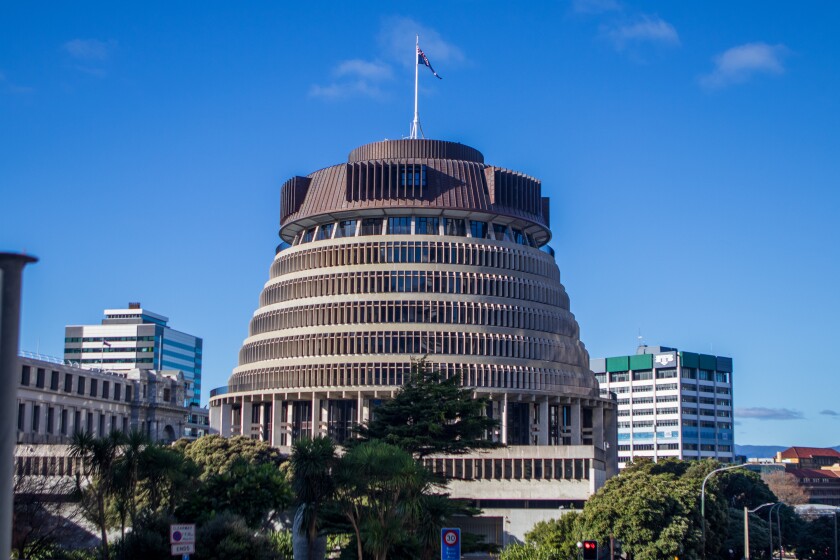New Zealand's government recently introduced the Taxation (Annual Rates for 2023-24, Multinational Tax, and Remedial Matters) Bill to Parliament, which includes measures to implement the OECD Pillar Two Global Anti-Base Erosion rules (GloBE Rules) in New Zealand.
Implementation of the GloBE Rules
In adopting the GloBE Rules, New Zealand is required to adopt the OECD Model Rules, Commentary and Agreed Administrative Guidance. Where domestic legislation departs from the Model Rules, there is a risk it will not be considered "qualifying", meaning other jurisdictions will have first right to top-up tax under the undertaxed profits rule (UTPR).
The Bill proposes the enactment of operative provisions incorporating the GloBE Rules into domestic legislation by reference to the Model Rules, Commentary and Agreed Administrative Guidance. This is not a novel approach in New Zealand's tax rules: New Zealand's TP rules were amended in 2018 to explicitly refer to the OECD TP guidelines, and New Zealand's anti-hybrid mismatch rules are drafted with reference to the relevant OECD BEPS reports.
Adaptions to the OECD Model Rules
The Bill proposes some adaptations to the OECD Model Rules in implementing the GloBE Rules to reflect certain concepts in New Zealand's tax rules, such as imputation credits and foreign tax credits. However, even with these modifications, the GloBE Rules as implemented by New Zealand (NZ GloBE Rules) are intended to still be "qualifying" rules. The key features of the NZ GloBE Rules are:
The NZ GloBE Rules would apply to override the effect of New Zealand's existing double tax agreements, unless an agreement expressly refers to the GloBE Rules;
A proposed New Zealand domestic income inclusion rule (DIIR), under which New Zealand-headquartered in-scope MNEs would not pay GloBE top-up tax on undertaxed New Zealand income to overseas jurisdictions by virtue of an UTPR. Instead, the top-up tax must be paid to the New Zealand Inland Revenue;
Under New Zealand's UTPR, any resulting tax liability arising under the GloBE calculation would be treated as a separate, ancillary tax rather than an income tax;
Foreign tax credits would not be available for top-up taxes paid under the income inclusion rule (IIR) or UTPR. The Bill does propose to permit foreign tax credits for top-up taxes paid under a foreign qualified domestic minimum top-up tax; and
Imputation credits would also not arise for any top-up tax liabilities paid pursuant to an IIR or UTPR. The Bill does, however, propose that any taxes paid under New Zealand's DIIR would give rise to imputation credits (and this would not result in the DIIR being non-qualifying).
Administrative measures
Given the taxes payable under the NZ GloBE Rules would be ancillary taxes and not within the scope of New Zealand's existing income tax regime, a specific administration regime is proposed under the Bill. Under the proposed regime, in-scope MNEs would be required to:
Register with Inland Revenue within six months following the end of the first income year when they are in-scope of the NZ GloBE Rules;
Submit GloBE information returns to Inland Revenue (in certain circumstances the return may instead be filed with another relevant tax authority in a country with an information-sharing agreement with New Zealand);
File an annual top-up tax return; and
Pay any resulting top-up tax to the Commissioner of Inland Revenue by the due date.
Practical considerations
The proposed NZ GloBE Rules raise considerations for in-scope MNEs, both domestically and in participating foreign jurisdictions. Entities subject to these rules should note New Zealand's divergences from the Model Rules considering New Zealand's specific tax settings, and reflect on how these may change the calculation of covered taxes and the ordering rules for payment of any resulting tax liabilities.













